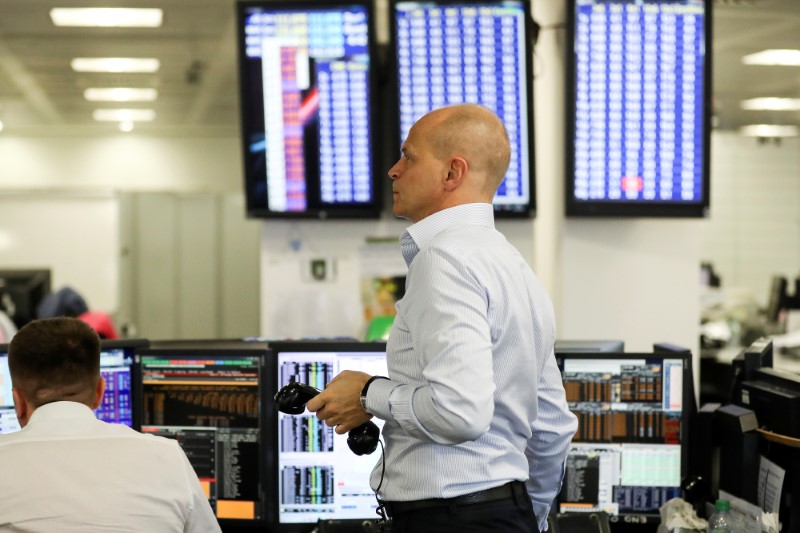(Bloomberg) -- Tower Research Capital agreed to pay $67.4 million to settle allegations that three former traders at the firm engaged in spoofing, the largest penalty ever for such conduct, according to statements from the Justice Department and the Commodity Futures Trading Commission.
The ex-traders on thousands of occasions placed orders to buy or sell futures contracts -- including E-Mini S&P 500, E-Mini NASDAQ 100 and E-Mini Dow -- with the intent to cancel those orders before they were executed, the agencies said Thursday. The conduct lasted from at least March 2012 through December 2013. The New York-based firm entered into a deferred prosecution agreement with the Justice Department.
“Tower is deeply disappointed by the conduct of the three former employees named in this case, each of whom left the firm nearly six years ago,” company spokesman Rich Myers said in an emailed statement. “Since this matter came to light, Tower has cooperated with the government’s investigation and substantially improved its compliance and control functions.”
The former traders are Kamaldeep Gandhi, 37, and Krishna Mohan, 34, both of New York, and Bruce Mao, 40, a Chinese citizen, according to the Justice Department’s statement. Gandhi and Mohan both pleaded guilty to commodities fraud and spoofing in November 2018, according to the Thursday statement, which didn’t have details on Mao’s legal status. Gandhi and Mohan are scheduled to be sentenced next year.
‘Bogus Orders’
“Traders at Tower Research Capital LLC fraudulently placed thousands of bogus orders they never intended to execute—to deceive other market participants and move the market for their own benefit,” Brian Benczkowski, the assistant attorney general for the Justice Department’s criminal division, said in the statement.
In settling the CFTC case, Tower didn’t admit or deny the agency’s allegations.
The U.S. has been cracking down on spoofing, a tactic in which traders place orders without intending to execute them to try to move prices in their favor. Spoofing can be done manually by traders or through computer algorithms. It involves flooding the market with orders that are later canceled when prices move in the direction the spoofer wants. While there’s nothing wrong with canceling orders, the 2010 Dodd-Frank Act made it illegal to place orders with no intention of executing them.
Tower is one of Wall Street’s oldest high-frequency trading firms, which use computers to buy and sell securities at speeds faster than the blink of an eye. It was founded more than two decades ago by Chairman Mark Gorton, a former Credit Suisse (SIX:CSGN) Group AG proprietary trader. Gorton, 53, stepped down as chief executive officer in August.
Tower has seen its market share shrink, with firms such as Citadel Securities and Virtu Financial Inc. investing lots of money in technology and gobbling up huge chunks of equity trading, Larry Tabb, founder of research firm Tabb Group, said in August.
(Adds company history in last two paragraphs.)
